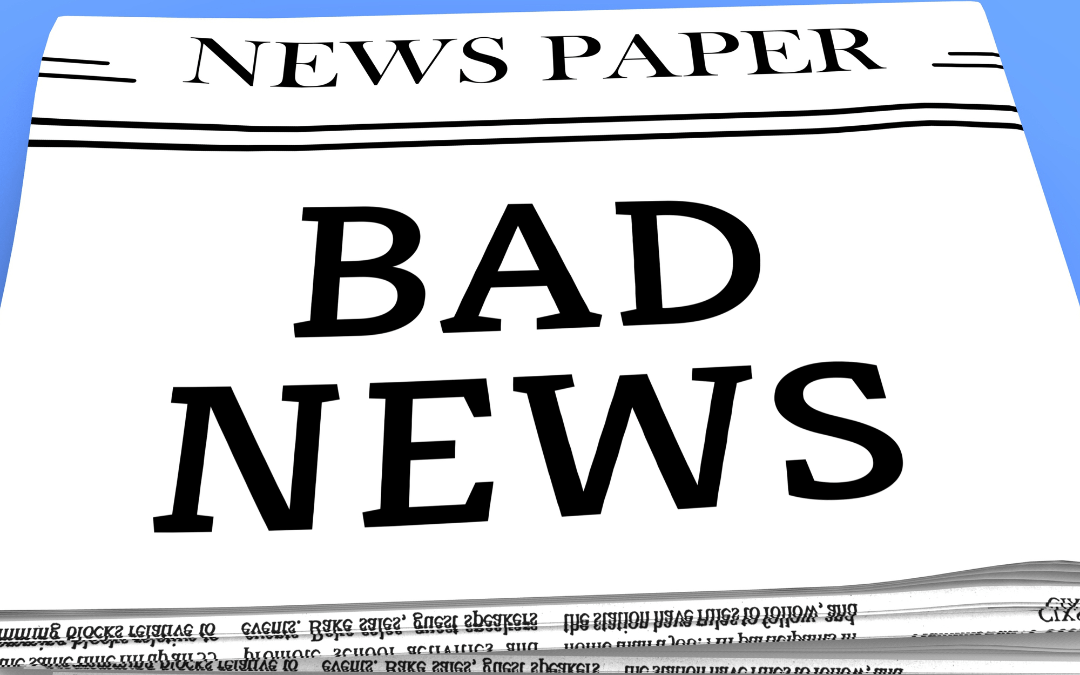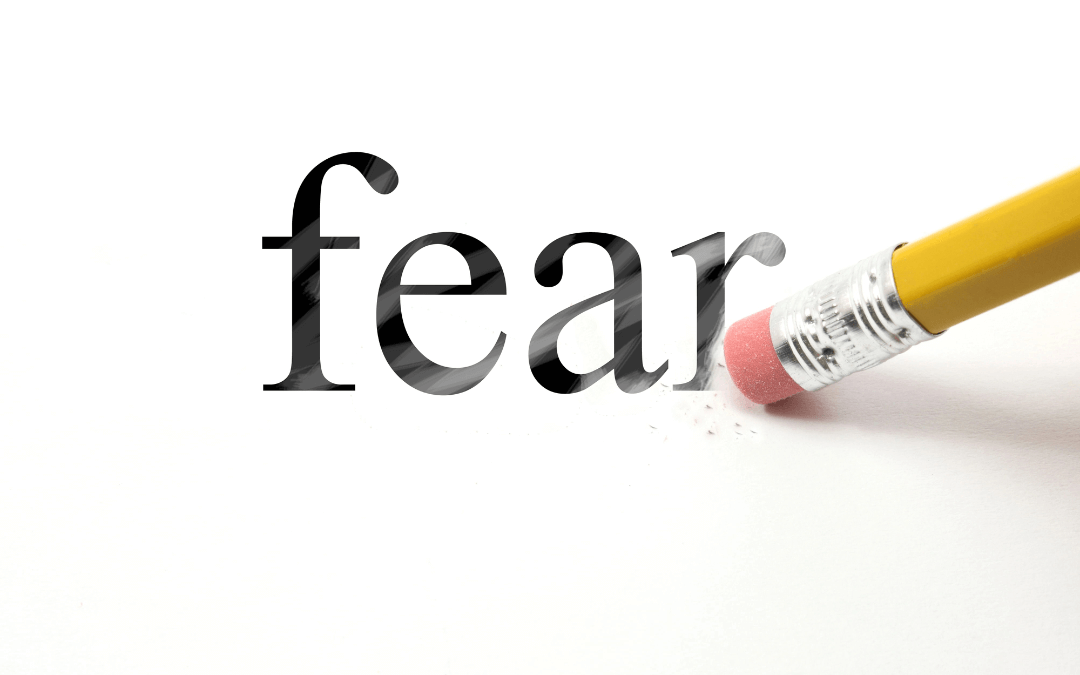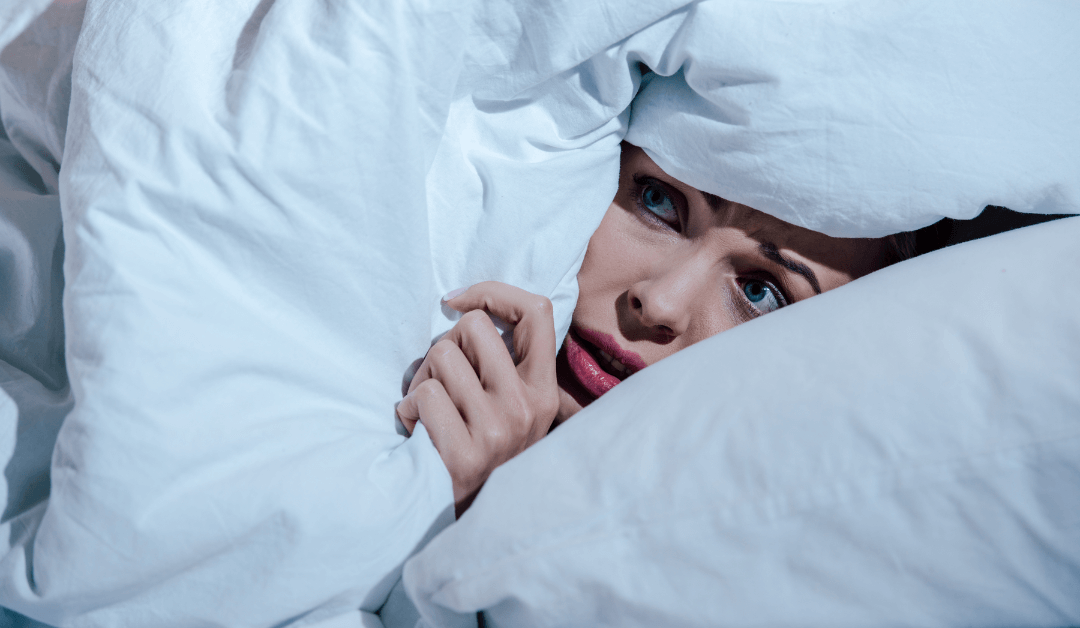Fear is nothing to be afraid of. It is an emotion. One of the strongest emotions we have because it keeps us safe. But what exactly happens when we are afraid? Why are so many people more scared every day? And what can we do to minimise the consequences of fear?
There’s no reason to fear fear because once you know how it works and how to keep it to healthy levels, you can use the emotion to make your life easier. It’s an alarm bell, helps you focus and gives you a boost of energy if you are in a dangerous situation. Fear is a tool to stay safe.
Why are we afraid at all?
Fear keeps us literally alive. If you weren’t scared of falling, you might dance on a cliff’s edge. If you weren’t scared of crashing through the ice and freezing to death, you might cross frozen lakes carelessly. We wouldn’t be here now if our ancestors had annoyed big carnivorous animals for funsies.
At lower levels, fear also helps us focus and pay closer attention. Try walking on a tight-rope some time. Suddenly all you can see is the rope and you’ll feel every inch pressing against the sole of your feet. Even if the rope is spanned only a foot off the ground, fear of falling and hurting yourself keeps you focused.

So what exactly happens when we are afraid?
Fear is an emotion, meaning it triggers chain reactions in our body that prepare us for certain actions. Let’s start with the brain. Neurotransmitters and increased blood flow turn on specific parts of your brain.
Your vision narrows so you can better focus on the cause of your fear. Relevant senses are heightened, others are dulled. In the example above that’s why you suddenly feel every inch of the rope, but you can’t really hear what people around you are saying. You’re too focused.
Your heart rate accelerates and you breathe faster to get more air to your muscles. The cells in your body are on high alert and release energy in case you need to run away or fight.
Emotions are plans of action
The fight or flight response is the plan triggered by fear. Everything going on in your body and your mind prepares you for this “optimal” reaction because in the past that’s what was needed to keep us safe.
This also means that your other brain functions, like creativity, are reduced or even switched off. Making decisions, problem solving and even asking questions is very difficult when we are afraid. That’s why we have the saying “fear clouds the mind.” It is also why scaring someone is the go-to technique for people, like scammers, who want to manipulate and exploit others.
When fear is intense, the amygdala even turns higher brain functions off completely and runs a script. We freeze or act without consciously knowing what we are doing. This usually only happens when we are afraid for our lives or if a traumatic memory is triggered.

Fear in modern times
If this is all normal and perfectly fine, how come people talk about epidemics of fear? And why are people so afraid that they develop anxiety? Also, what can we do about it?
Fear is a very strong emotion that causes an equally strong physical reaction. It developed over millenia when the average cave person came face to face with a lion or a snake maybe once a day. Those who survived had plenty of downtime to recover from the hit of fear. Modern humans don’t.
We experience fear on a daily basis. Not even just once a day but all day long. The negativity bias insures that our media is stuffed with scary headlines and angry language. We tell each other negative stories to bond.
Our brains cannot distinguish between events that happen to us right now and events we only think about, even when they happened to other people. So every time you hear, read or remember something scary, the fear unleashes a chain reaction on your body and mind.
I can’t get no relaxation
Chemicals, like neurotransmitters and hormones, that are part of the fear reaction accumulate in your body because every hit of fear adds to the last one. These chemicals are filtered out and recycled naturally but there’s only so much our bodies can do. We’re not build to be scared as often and for as long as we are these days.
Healthy habits, like moving our bodies for hours and eating unprocessed food high in nutrients, are also out of reach for most people. And we sleep less reducing recovery time for our bodiesLittle by little we become more afraid.
Because of the chemical build-up, fear also feels stronger. A situation that might slightly worry you when you come back from your holiday, can push you into an anxiety attack after a few weeks of fear and stress, even if it seemed so low-level you barely noticed it at the time.

Healthy base level
The key to using fear to lead a better life is to keep your base level low. You do this by combining two practices: reduce fear and help your body release as much of it as possible.
Most of the fear we experience in our daily lives is caused by the negativity bias we are surrounded with. You can protect yourself by avoiding negative media, people and improve the language you use. As much as possible, focus on the positive.
Practise healthy habits, like exercise and enough sleep, and fear-releasing techniques, like tapping and breathwork. Daily emotional hygiene lowers your base level so you only notice fear when it is necessary.
Just an emotion
Fear is just an emotion. There’s no need to fear fear. It’s a system we all have to keep us alive and healthy. Once you know how to maintain that system, it will work for you again, just as it was intended. It alerts you to actual danger, helps you focus and gives you a boost of energy in dangerous situations.
Fear is here to help us and when it no longer serves its purpose, we can just let it go. It’s time to release the accumulated fear from our bodies and our minds so our amazing abilities, like creativity and problem solving skills, can shine through.
